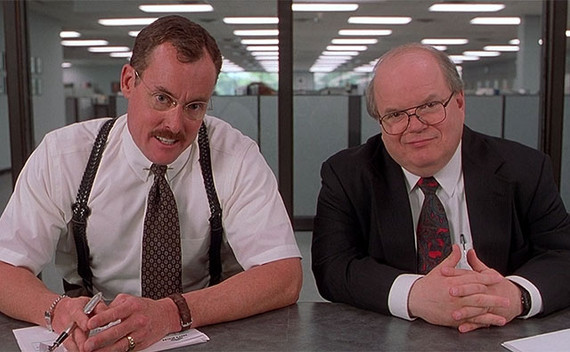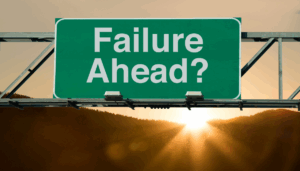In case you haven’t already figured it out yet, getting the right people on your team is the number one challenge you face. Systems, processes, and management are easy if you have the right people. As someone once said, “Management is easy, except for the people part.”
While many of us in the cleaning industry spend much time recruiting and hiring staff for our companies, rarely do we go about this endeavor with any sort of rigorous framework. We haphazardly recruit when an opening arises, then we haphazardly interview, relying on our off-the-cuff methods. While spelling out a comprehensive hiring process would take an entire book (and I have a great one to recommend below), let me point out 7 interviewing mistakes many of us make when hiring cleaners and managers.
Mistake #1 – They Have Industry Experience
I have had more hiring flops with cleaning or janitorial management backgrounds than any other. In fact, over the years I’ve come to see industry experience as a strike against an applicant. Industry skills and knowledge can be learned in a relatively short period of time, whereas the more critical character traits such as humble, hungry, and smart (See Patrick Lencioni’s “The Ideal Team Player”) are rarely learned AT ALL. As a consultant once told me, “I’d rather take a manager and make him a cleaner, than take a cleaner and try to make him a manager.” Don’t EVER hire someone solely because of industry experience. It may make sense in the short run, but it will almost never be a long-term solution.
Mistake #2 – The Gut Feeling
Gut feels can work for some things in life. In fact, my wife has often been proved right about certain character assessments solely based on gut feel. But hiring is not the place for decisions based upon gut feelings. When solid data is possible to obtain, only a fool would rely on a gut feel. You need facts, examples, proof, and rigorous analysis, not feelings. As Geoff Smart says in Who, The A Method Of Hiring, “If you rely on a gut feeling, you will end up with a stomachache.”
Mistake #3 – Many Interviewers Equals Comprehensive Assessment
Many business owners or managers assume that having multiple people interview the same person will result in a comprehensive assessment of the interviewee. But nothing could be further from the truth. Without a strategic hiring plan, multiple interviews with different people within the company end up being multiple people asking the same shallow questions. These multiple interviews often produce multiple gut feelings.
Book Recommendation
Who: The A Method Of Hiring by Geoff Smart & Randy Street
Mistake #4 – The Suitor
Rather than probing a candidate’s background for the information you need to make an informed decision, the suitor spends most of the time trying to sell the candidate on the company. The suitor assumes the candidate’s qualifications and oddly turns the tables of the interview, acting as if the company is the one being interviewed. While it is important to sell the company to the right candidate, this is done much later in the hiring process.
Mistake #5 – Trying To Trick The Candidate
Have you ever thrown a piece of trash on the ground to see if the candidate would pick it up sometime during the interview? Have you ever put the interviewee under some strange test to see how they would respond? Often, we believe these hidden tests will somehow uncover some character trait we wouldn’t be able to find otherwise. But once again, there is nothing scientific or systematic about such a test. So don’t do it!
Mistake #6 – Making Friends
“So you’re from Kansas? That’s great! My mom is from Kansas….” Many interviewers assume that making a personal connection is the sole purpose of the interview. They work hard to make this connection and then when such a connection occurs, they hire based on “feeling good” about the person. But a rigorous interview process is not about making friends; it is about finding the relevant data to make an informed decision.
Mistake #7 – What Would You Do Questions
This is perhaps the most common mistake of all, and I confess, I’ve used it more times than I care to admit. But asking someone “what they would do” in such and such a situation is no predictor of what they would actually do. We can all talk a good talk, especially if we know what the interviewer is looking for. But talk and action are two totally different things. Past actions are the best predictor of future actions, not talk of what one WOULD do.
So what mistakes are you making now? I would encourage you to revisit your hiring process and systematize it. Ensure that every step of the process is necessary and aimed at getting the information you need to make an informed hiring decision. Remember, facts and history, not feelings and intentions, are what we need.






